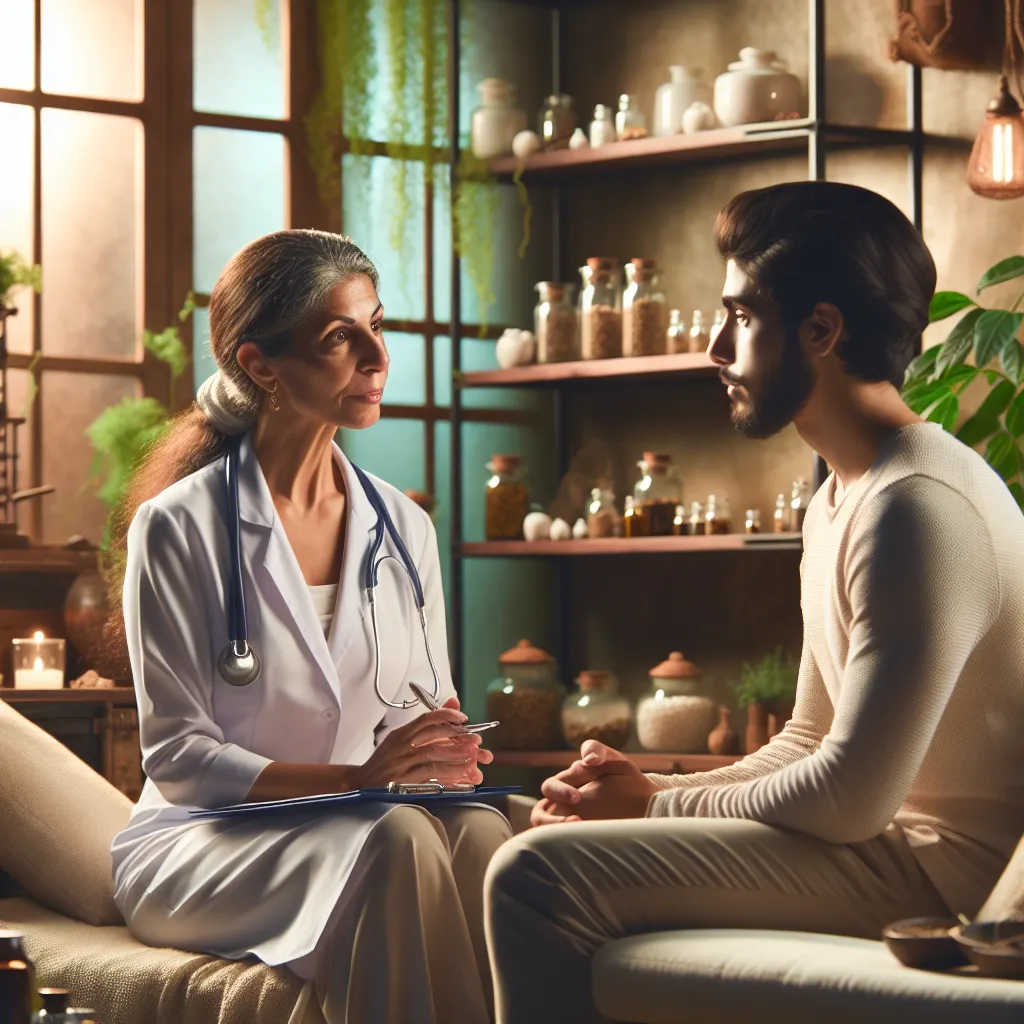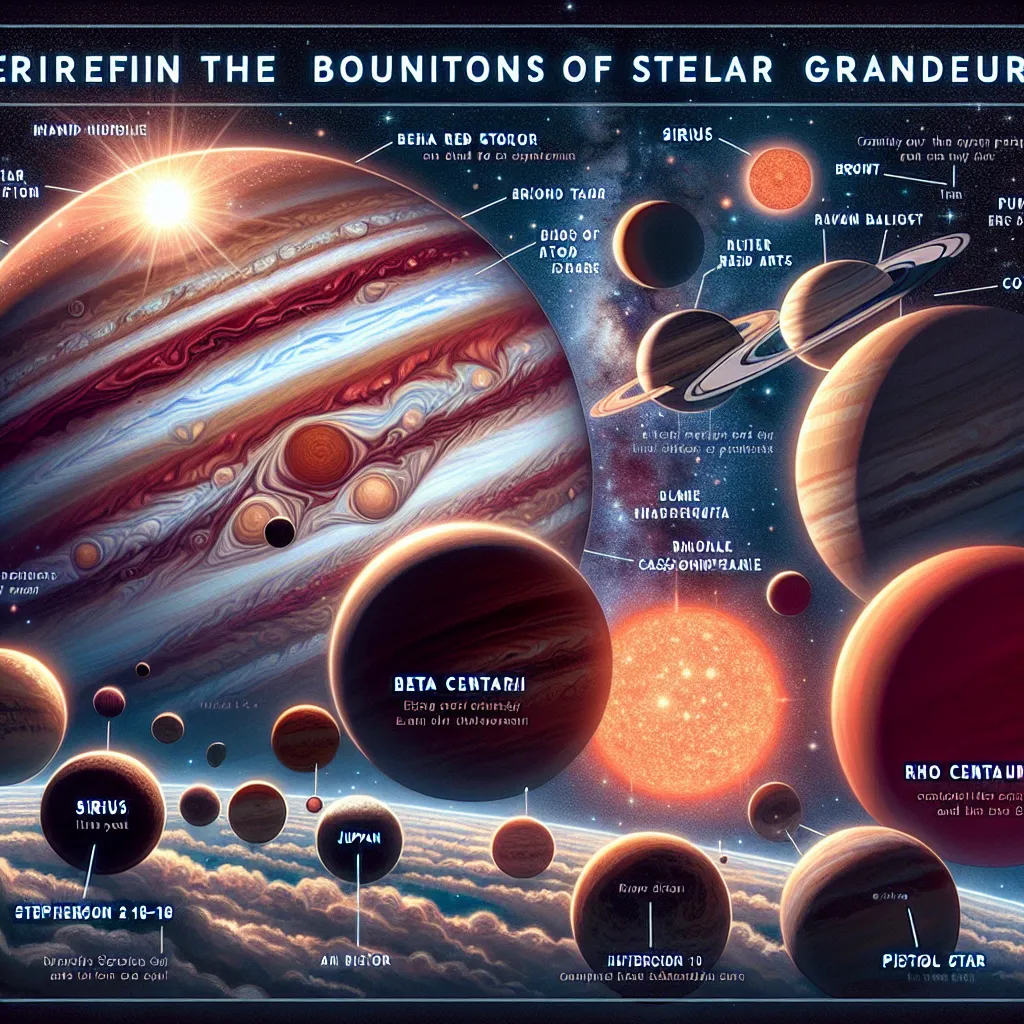Homeopathy is probably one of the most debated forms of alternative medicine, yet it remains wildly popular. Some folks are skeptical, but others firmly believe in its healing power. But what’s the deal with homeopathy? How did it rise to fame, and what lessons can modern medicine take from it?
Homeopathy hinges on two main principles: “like cures like” and a process known as potentization. The first idea suggests that substances causing symptoms can also treat those same symptoms. For instance, a remedy for fever might contain belladonna, which can also induce fever. Similarly, bee venom could be used to treat itchy swellings.
The second principle, potentization, involves diluting and agitating the ingredients to activate their healing properties. This is done by dissolving the substance in alcohol or distilled water, and then repeatedly diluting it. A 1X potency means one part of the ingredient mixed with nine parts of the solvent. This process is repeated multiple times, potentially resulting in remedies so diluted that no molecule of the original substance remains.
Critics often target this extreme dilution. Scientifically, it doesn’t make sense that such diluted preparations could work. However, homeopaths claim that the vigorous shaking leaves an “essence” of the ingredient in the water, a notion that would imply water retains memories of every substance it contacts.
Homeopathy dates back to the 18th century when medical practices like bloodletting did more harm than good. German physician Samuel Hahnemann founded homeopathy as a less invasive, natural way of healing. It gained popularity because doing no harm was better than the harmful treatments of the time.
Back then, Hahnemann’s methods came with strict lifestyle rules: no coffee, tea, alcohol, or spicy foods, and a lot more. Essentially, it was almost a complete lifestyle overhaul. These detailed instructions are often ignored today.
Despite advancements in modern medicine, which now relies on diagnostic tools and scientific evaluations, homeopathy still holds sway for many. Studies show that homeopathy doesn’t work beyond a placebo effect. But if people believe in it and feel better, does it matter why?
The placebo effect is powerful and very real. Even skeptics aren’t immune to it. When someone believes a treatment will help, that belief alone can cause actual improvements. This effect isn’t limited to humans; animals can sense their caregivers’ confidence, leading to real results.
One undeniable strength of homeopathy is the time and attention given to patients. Initial consultations can last hours, which alone can make patients feel cared for. Modern medicine, by contrast, often rushes through consultations due to tight budgets and packed schedules, leaving patients feeling overlooked.
What modern medicine could learn from homeopathy is the importance of empathy and individualized care. Though emotional support can’t replace effective treatment, it complements the care patients receive, helping them feel seen and heard.
In the end, while faith might boost spirits, remember that some conditions need genuine medical treatment. We should embrace the compassionate side of homeopathic consultations alongside the scientific rigor of modern medicine to offer the best of both worlds.






